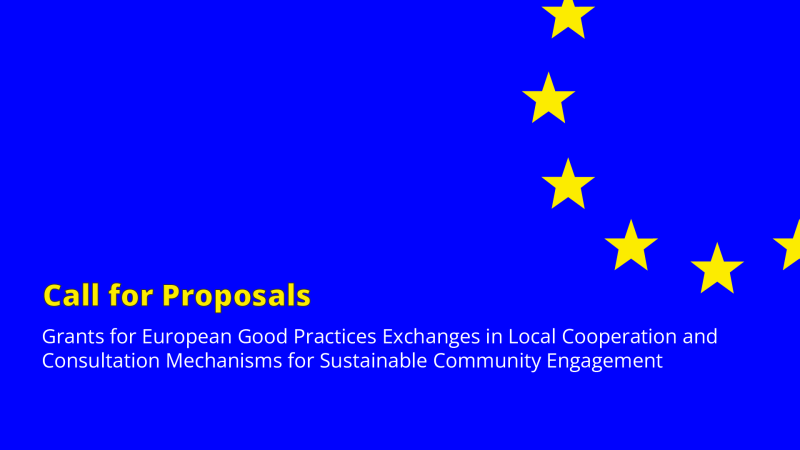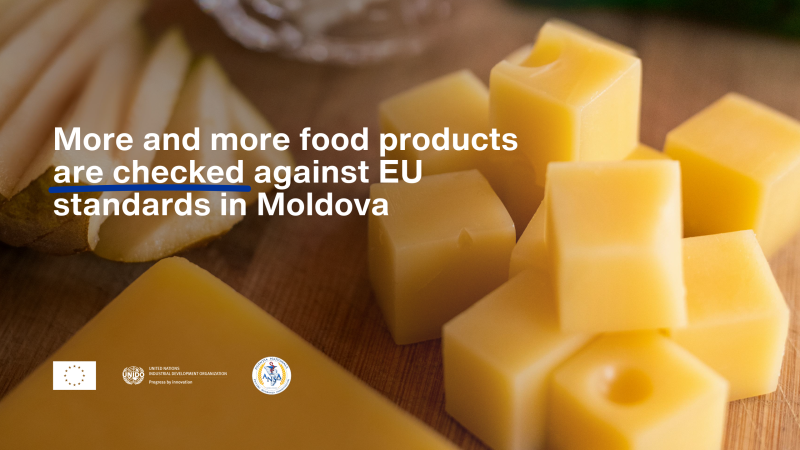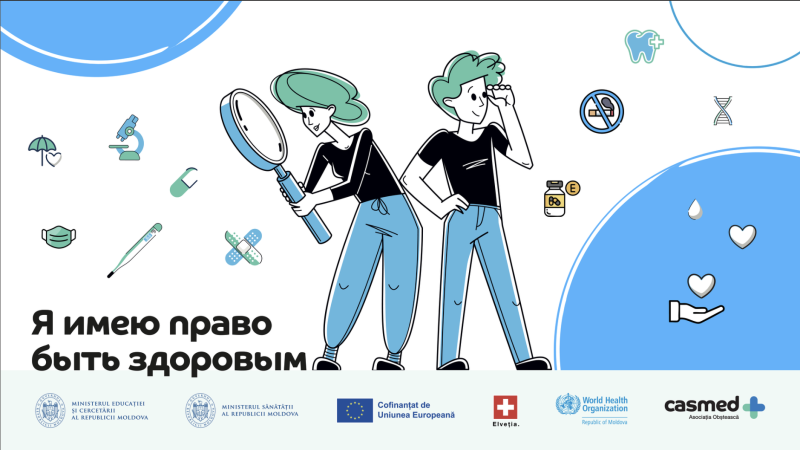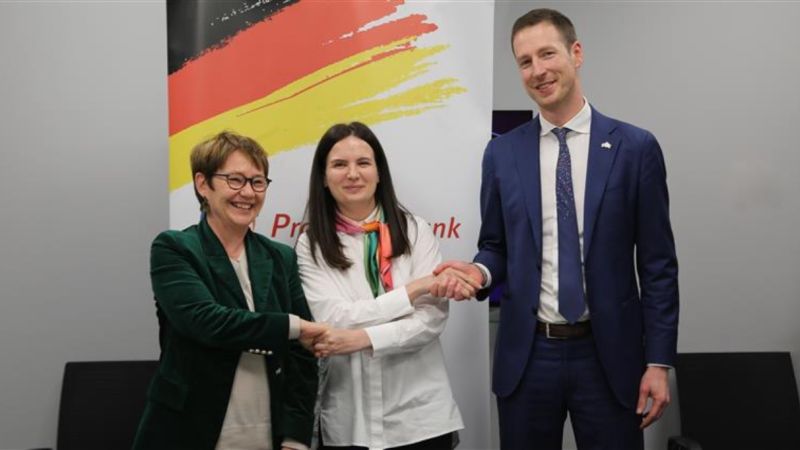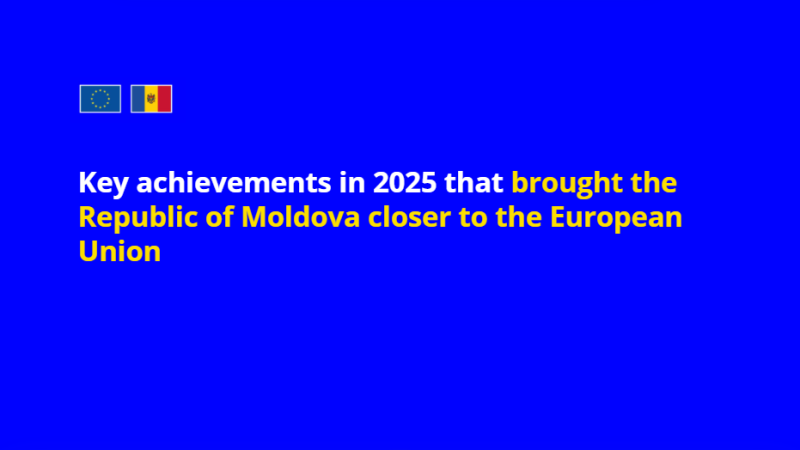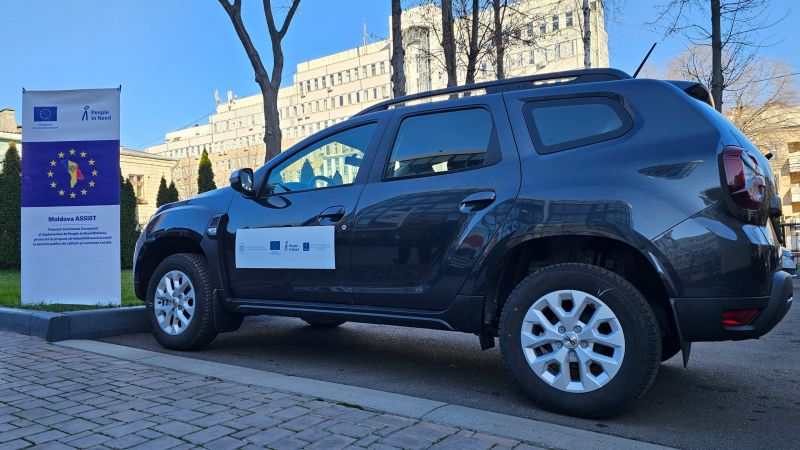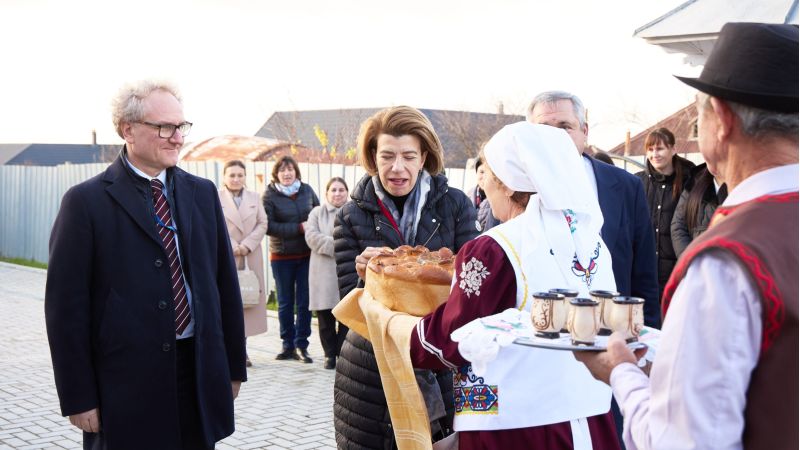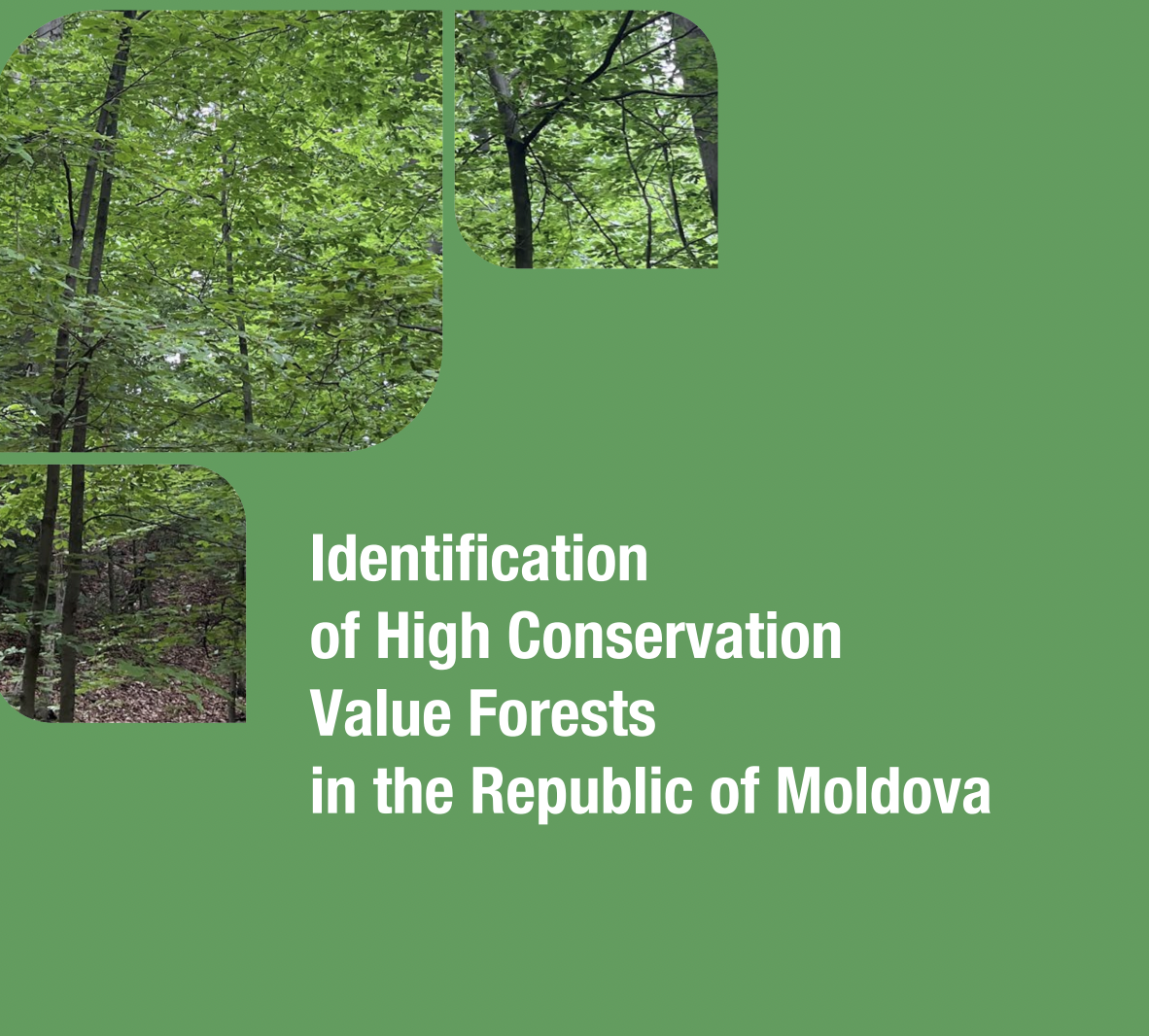
Preserving and expanding forests will raise Moldova’s resilience, a new study finds
The Ministry of Environment, jointly with a wide range of national stakeholders, as well as representatives of the World Bank and the European Commission, discussed today the findings and recommendations of the study on “Identification of High Conservation Value Forests in the Republic of Moldova”. This study was developed by the World Bank within the framework of the “European Union for Environment (EU4Environment)” programme.
High conservation value forests are essential for protecting habitats, mitigating climate change, and
protecting people’s wellbeing. The study identifies approximately 175,500 ha of such forests, which
represent close to a half of the country’s total forested area. Preserving these forests, making them
healthier, and expanding the forest coverage is crucial to strengthening the country’s environmental and
economic resilience.
In her opening speech Ms. Iordanca-Rodica Iordanov, Ministry of Environment, highlighted:
“Identification of High Conservation Value (HCV) Forests is a crucial process in sustainable forest
management and conservation. HCV assessments are typically conducted to recognize and safeguard
areas with exceptional environmental, social, and cultural values. By systematically identifying and
conserving High Conservation Value Forests, it is possible to strike a balance between conservation,
sustainable resource use, and the well-being of local communities. This process aligns with broader goals of biodiversity conservation and responsible forest management”.
Adam Grodzicki, Deputy Head of Cooperation, Delegation of the European Union to Moldova stressed
that “The European Union aims at making sure that our forests are healthy, growing and resilient in the
context of climate change. As a member state to be, Moldova will need also to embrace EU policy targets
and sustainable forest management practices. This should be done in parallel with better management
of river basins, protected areas, agricultural land and pastures, and a sustainable bio-economy more
generally.”
“Forests are more than wood” noted Sanjay Srivastava, Practice Manager for Environment, Natural
Resources and the Blue Economy, in the Europe and Central Asia Sustainable Development
Department of the World Bank. “They provide multiple benefits such as livelihoods for local
communities and habitats for conservation of biodiversity. The study’s findings will contribute to
sustainable forest land use. They will open up opportunities for forest managers, forest beneficiaries, and forest owners on the local well and for unlocking potential investments by international donors to
nurture and support Moldova’s forestry sector.”
The meeting brought together over 40 governmental officials, NGOs, and academia, representatives of
the EU Delegation and forestry sector. The participants acknowledged the importance of protecting
forestry systems and ensuring further collaboration on long-term support to ecosystem services.
Background: The “European Union for Environment” (EU4Environment – Green Economy) Programme helps the Eastern Partnership countries preserve their natural capital and increase people’s environmental well-being, by supporting environment-related action, demonstrating and unlocking opportunities for greener growth, and setting mechanisms to better manage environmental risks and impacts. It is funded by the European Union and implemented by: the World Bank, OECD, UNECE, UNEP, and UNIDO over the 2019-2024 period, with a budget of EUR 20 million.
For more information visit our website: https://www.eu4environment.org/
